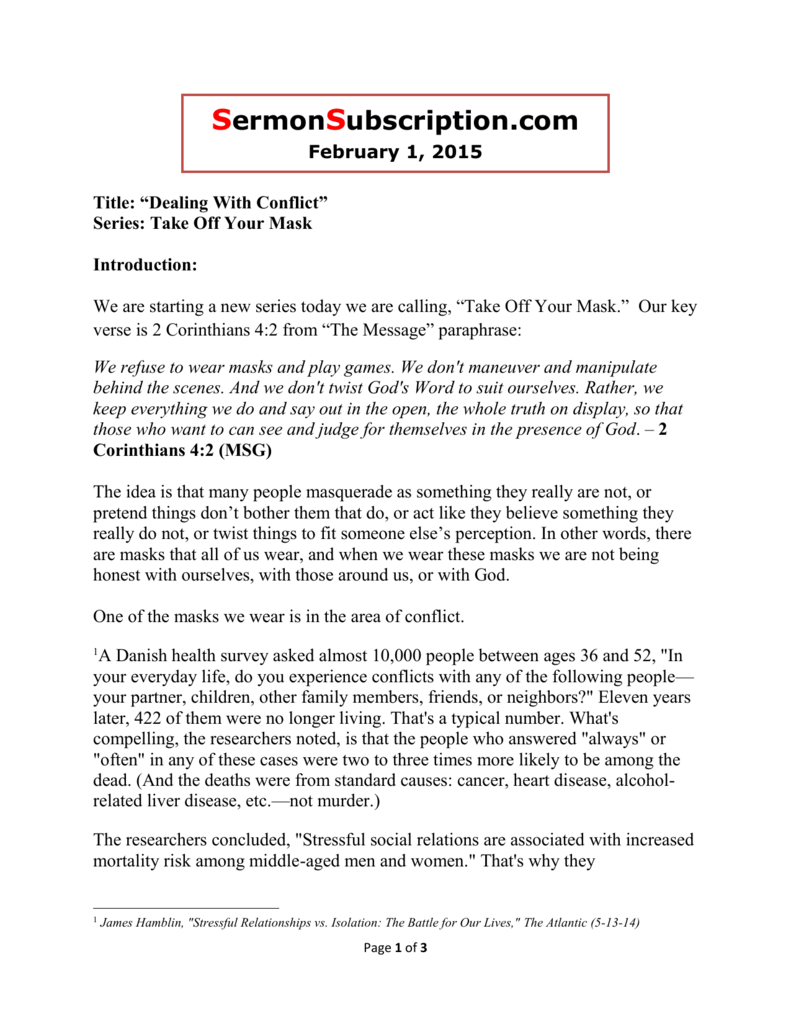

Sermons come in differing forms: either/or, applying a principle, explaining a key idea, narrative, etc. Select a sermon form that facilitates the achieving of the purpose and create a sermon outline.Are you trying to have the hearers apply a particular principle or action in their lives? Are you seeking to explicate a crucial aspect of the Christian faith (e.g. What difference does it make? We read the Bible to hear God speak, so to ask how what the passage says is applicable in our situation is only natural.įrom your understanding of how a passage applies to your life and those who will hear the sermon, try to state your purpose in the sermon.Is it true? Can we believe it? How does the biblical writer substantiate what is said? What experiences in our lives make problematic the claims we are making?.What does this mean? How is the author developing the thought of this passage? Are there elements in the passage that must be explained to the audience if they are to understand the text? These questions help to ensure intelligibility.Haddon Robinson suggests three developmental questions which will assist in this process: Having endeavored to understand what the text is saying and why, now try to see how this meaning bears upon the your life and those who will hear your sermon. The sermon seeks to illuminate how the revelation of God in a particular historical context applies to the church’s life in Christ today. Begin to apply the text to the life of the your hearers today.Anytime you seek to communicate effectively, it is necessary to identify the group to which you will speak and tailor your sermon accordingly (e.g., illustrations, vocabulary, etc.).

It is important to identify and understand those who will hear the sermon. Identify those to whom you will be preaching.follow the path which is already present in Scripture) instead of simply presenting your own concerns. This is necessary if you are to preach from the passage (i.e. Further, how does this passage’s message relate to the immediate context as well as to the rest of Scripture? The goal is to discern clearly what the passage is saying. Ascertain the main thought of the passage.īased upon your exegetical analysis, specify the content, intent, and argument of a passage.The sermon is an act of faith in and obedience to the Living God who continues to reveal Himself through the written Word proclaimed by the power of the Holy Spirit. Suggested Guide for Preparing the Sermonīegin your sermon preparation with prayer.

It presumes that the preacher has invested the time both to hear the Word of God and to understand the application of it to the speaker’s and the hearer’s lives.

The goal of the sermon is to speak faithfully the Word of God to those who have come to hear God’s revelation proclaimed. Consult Exegeting a Gospel for guidance in this. The exegetical work is always the first step as you prepare to preach from Scripture. Sermon preparation follows from and is dependent upon the exegesis of the biblical passage. While the majority of the sermons listed below are “mine,” several of them are sermons worked up by my dad, Frank Higginbotham, who preached over 60 years, and others were developed from seeds planted by various preachers I’ve heard throughout my lifetime.This guide offers succinct suggestions for the preparation of an exegetical sermon.


 0 kommentar(er)
0 kommentar(er)
